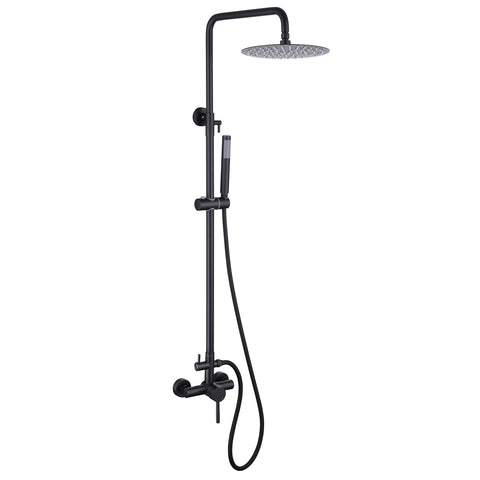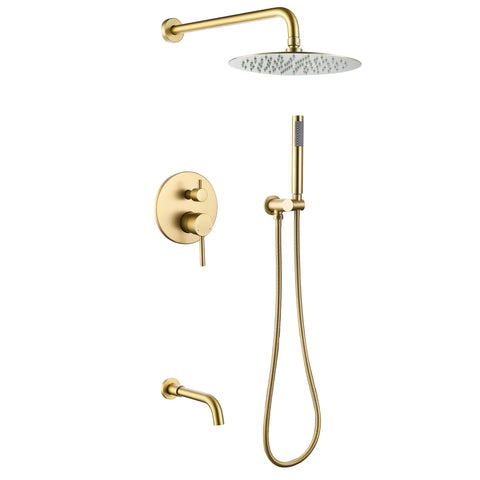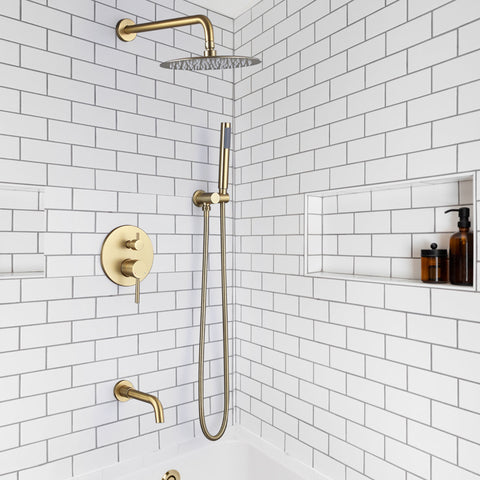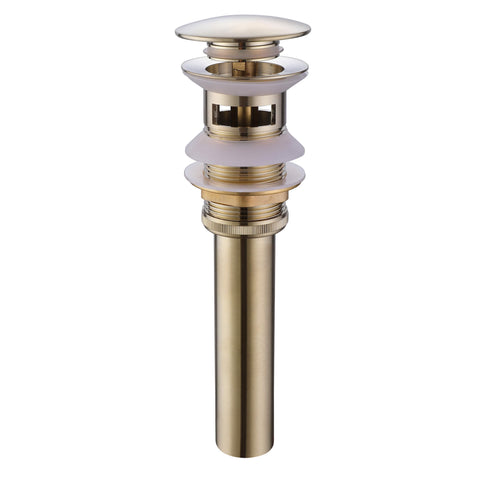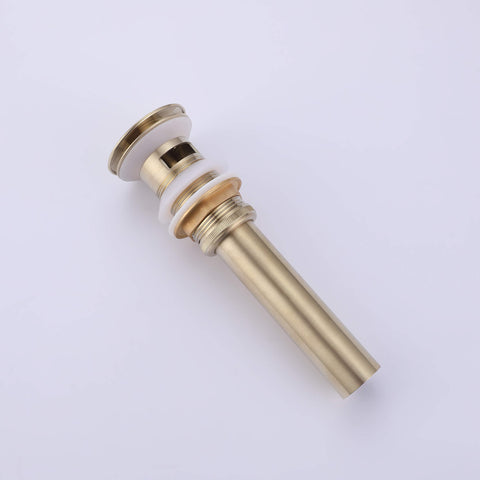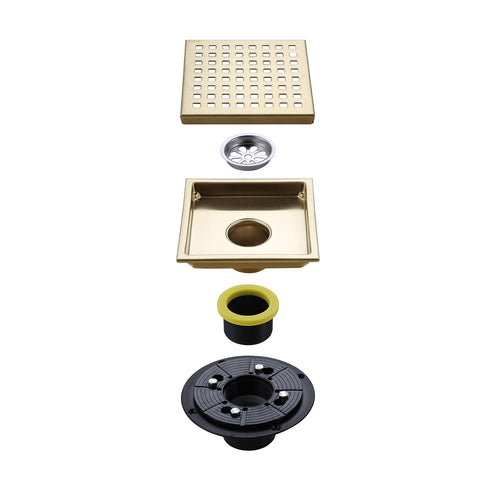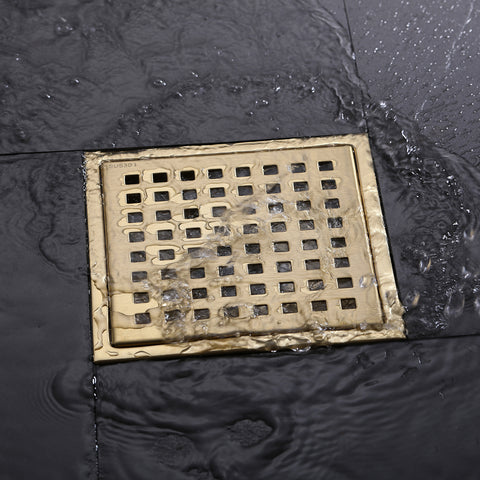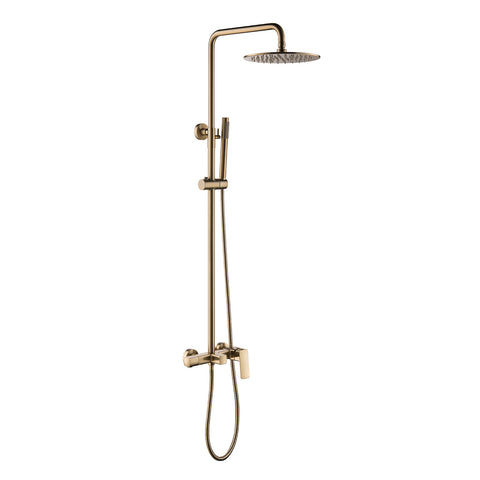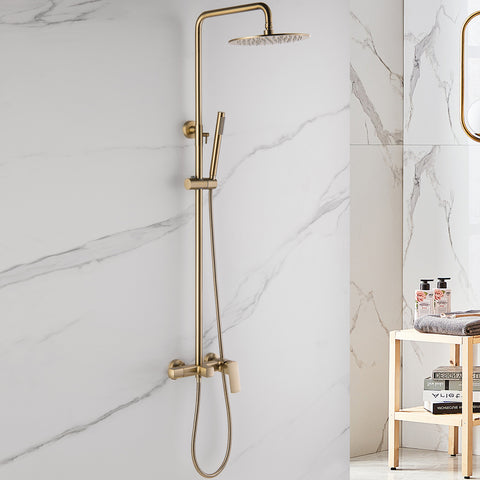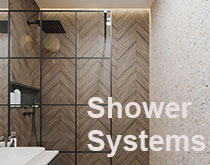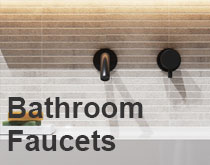Are Touchless Kitchen Faucets Worth It? Pros and Cons Explained
In today's rapidly evolving world, technology has become an integral part of our daily lives, even in the most unexpected places, like our kitchens. Touchless kitchen faucets are a prime example of this technological integration, offering a convenient and hygienic way to control water flow. But are touchless kitchen faucets worth the investment? In this blog, we'll delve into the pros and cons of touchless faucets to help you decide if they're the right choice for your kitchen.
The Pros of Touchless Kitchen Faucets
- Hygiene and Health Benefits: Touchless faucets prevent cross-contamination by eliminating the need to touch handles after handling raw food or dirty items.
- Water Conservation: Built-in sensors help reduce water waste by shutting off automatically when not in use, lowering both utility bills and environmental impact.
- Convenience: With hands full of ingredients or cookware, activating water with just a wave makes multitasking in the kitchen easier and cleaner.
- Aesthetics: Touchless models often feature sleek, modern designs available in finishes that match various kitchen decors.
- Durability: Fewer moving parts often mean fewer mechanical failures and longer faucet life with less maintenance.
The Cons of Touchless Kitchen Faucets
- Cost: Touchless faucets are typically more expensive to purchase and install compared to traditional models.
- Power Dependency: These faucets require batteries or an electric connection, which means maintenance or wiring is necessary.
- Learning Curve: Some users may find the sensor sensitivity challenging to adapt to, leading to accidental activation or shutoff.
- Maintenance: Sensors must be kept clean and unobstructed to function properly, and repairs may require specific technical support.
- Limited Manual Control: Some models may lack the ability to fine-tune water temperature and pressure as precisely as traditional faucets.
Conclusion
So, are touchless kitchen faucets worth it? It depends on your kitchen habits and preferences. If you value hygiene, convenience, and water efficiency, a touchless faucet can be an excellent investment. However, if budget constraints or the need for manual control outweigh those benefits, a traditional faucet might be more suitable.
Ultimately, the choice comes down to your lifestyle. Touchless kitchen faucets offer modern innovation and convenience, but whether they’re “worth it” depends on how well they align with your needs and expectations.
